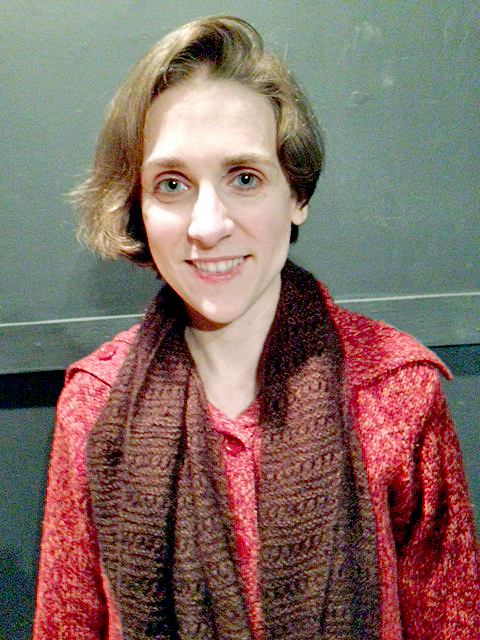SEQUIM — A Whidbey Island woman fluent in Esperanto — an artificial language constructed to allow speakers of different native tongues to communicate fluidly — will discuss how it works during a free seminar Saturday.
Jennifer Bondelid, 38, of Clinton will speak at Sequim Library, 630 N. Sequim Ave., at 10:30 a.m.
Refreshments will be provided.
The seminar is sponsored by the Spiritual Assembly of the Bahais of Clallam County East.
In 1999, Bondelid received a bachelor’s degree in Esperanto instruction from Principia College, a private liberal arts college in Elsah, Ill.
In 2014, she joined the instructor team of the Esperanto Summer Intensive — an Esperanto immersion program — in Victoria.
During Saturday’s seminar, Bondelid said she will discuss “the history of the language, some basics about the language, some tips for learning it quickly and culture in Esperanto.”
2 million speakers
According to the Universal Esperanto Association, about 2 million people worldwide fluently or actively speak Esperanto, with the highest prevalence in Europe, East Asia and South America.
In Washington state, Esperanto-USA lists 30 members who speak the language, “but that is just the small percentage of speakers of the language who have paid membership dues to a national organization for that year,” Bondelid said.
“I know quite a few people in my area who speak the language fluently but don’t appear on that list.”
Bondelid encourages “anyone who is interested in having direct contact with people in many other cultures [and] anyone who is intellectually curious about a language constructed to be simple and straightforward” to attend the seminar, she said.
Esperanto is fairly easy to pick up, she added.
“Esperanto has a simple verb system, no irregular verbs or conjugations,” she added.
Created in 1800s
According to historians, Esperanto was created in the late 1870s and early 1880s by L.L. Zamenhof, a Jewish eye doctor living in Białystok, the largest city in northeastern Poland. The city was part of the Russian Empire during his lifetime.
According to a letter penned by Zamenhof in 1895, he created the language to foster harmony between separate races.
The language helps to remove cultural barriers between people “to whatever extent those individuals are willing to be open to that,” Bondelid said.
“The cultural norm among Esperanto-speakers is openness and interest in other cultures, but of course, learning a language does not mandate a particular philosophy.”
With that being said, “there are some philosophical underpinnings to Esperanto, stemming from an idea that all people are brothers and sisters, and should be respected without regard to gender, religion, nationality, ethnicity or sexuality,” Bondelid said.
________
Sequim-Dungeness Valley Editor Chris McDaniel can be reached at 360-681-2390, ext. 5052, or at cmcdaniel@peninsuladailynews.com.

